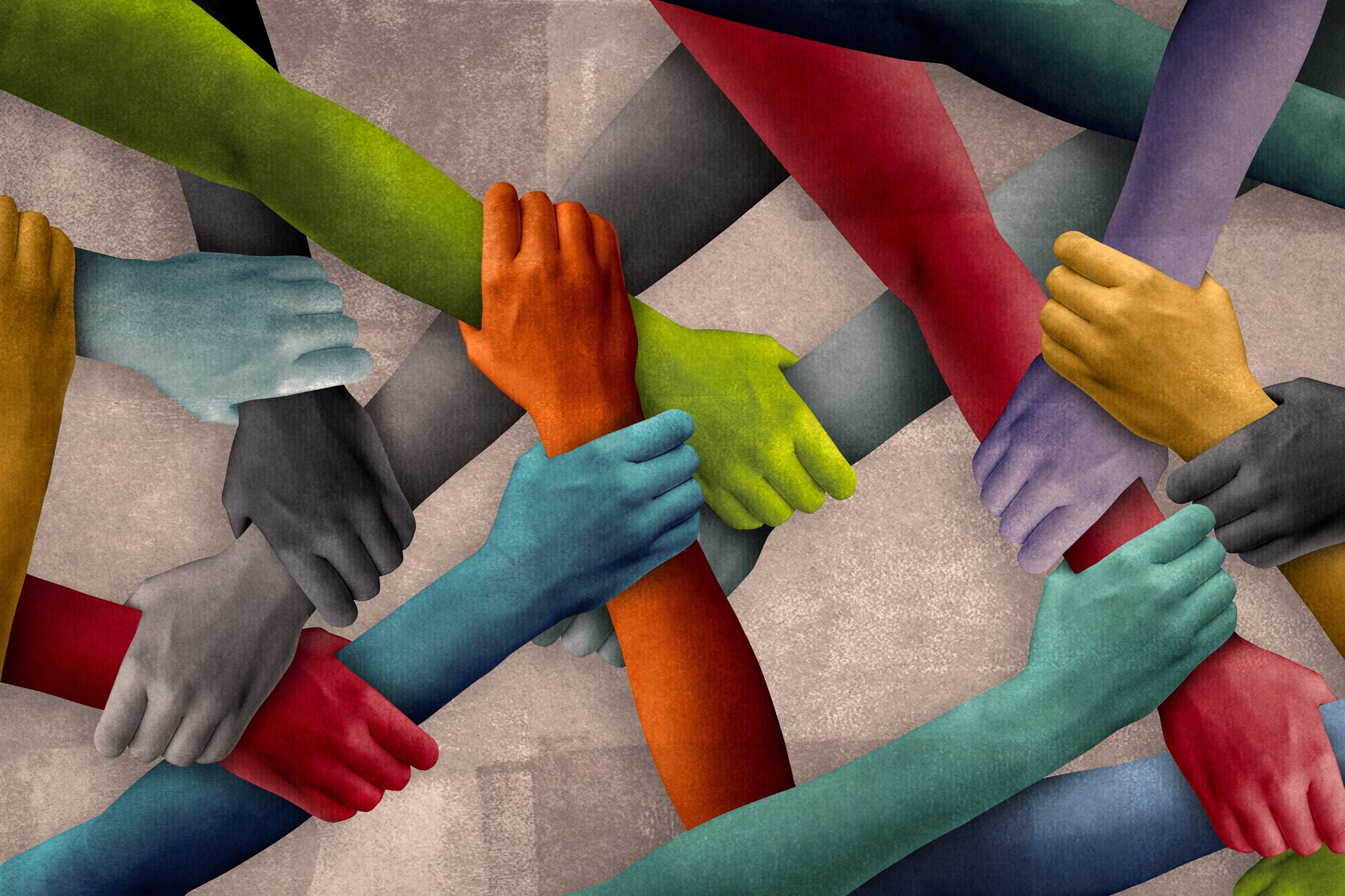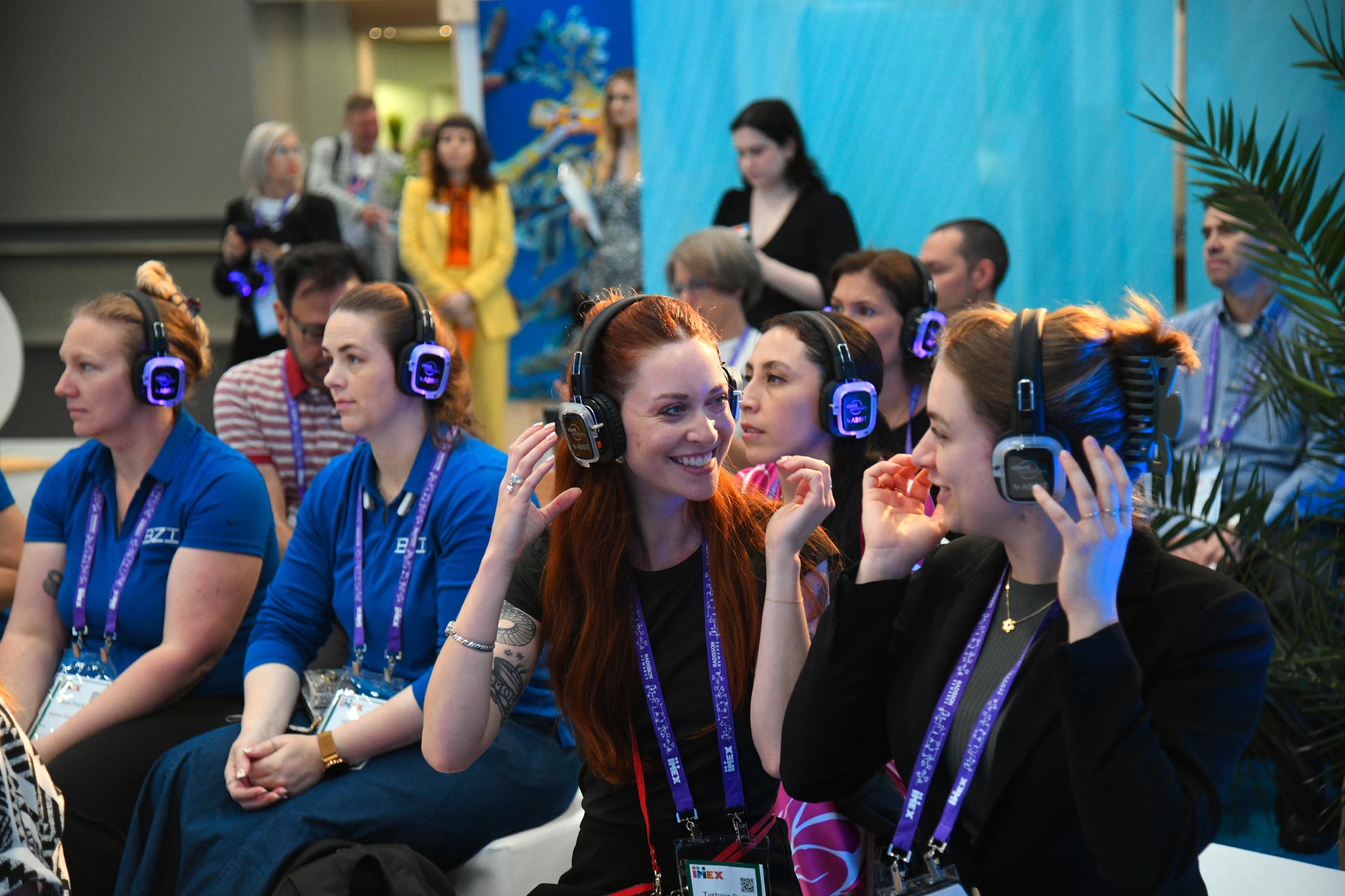Incorporating DEI policies into business events and workplaces creates a diverse and inclusive environment, fostering fresh perspectives, greater collaboration, and a richer exchange of ideas, leading to more impactful and dynamic events.
Venues and event organisers should ensure that materials and technology accommodate diverse needs, including physical accessibility, language support, and cultural considerations. And event organisers should consider making an early commitment to diverse speaker line-ups, panellists, and attendees by actively reaching out to underrepresented groups and creating equitable participation opportunities.
The business events industry increasingly prioritises Diversity, Equity, and Inclusion (DEI) initiatives, recognising their significant benefits for organisations and successful event outcomes. A strong focus on DEI enhances the event experience, broadens audience reach and engagement, fosters innovation, creates new market opportunities, and improves employee satisfaction and retention – key priorities for the industry.
As businesses and event organisers acknowledge the importance of inclusivity, the industry is adopting strategies to ensure that events are welcoming, accessible, and equitable for all participants. Given the global nature of the business events industry and its diverse workforce, this shift is a logical progression.
Business events are critical global networking, knowledge-sharing, and economic growth platforms. However, past events have often lacked diversity in speakers, attendees, and accessibility measures. By prioritising DEI, the business events industry can cultivate a more inclusive environment that benefits all stakeholders, attracts a broader range of participants, and enhances the overall event experience.
One of the most visible aspects of an event is its line-up of speakers and panellists. Event organisers can actively ensure representation across gender, age, race, ethnicity, and professional backgrounds, encouraging a richer exchange of global and regional perspectives. Traditionally, language barriers have limited speaker selection but advances in real-time translation technology now enable greater participation from non-English-speaking professionals, enhancing engagement in global meetings.
“Creating physically and digitally accessible events is essential to ensuring equal participation”
Creating physically and digitally accessible events is essential to ensuring equal participation. Key initiatives include wheelchair-accessible venues and seating arrangements, sign language interpreters and closed captioning for virtual events, sensory-friendly spaces for neurodiverse attendees, and dietary options catering to religious and medical requirements.
With over seventy per cent of today’s workforce comprised of Gen Z and Millennials, event planners need to rethink how they design and execute events to align with the values, expectations, and engagement preferences of these digitally savvy and socially conscious generations.
Financial constraints should not be a barrier to event participation. Many organisations address this by offering tiered pricing structures or financial aid for attendees from disadvantaged backgrounds, providing hybrid or virtual attendance options to enhance accessibility, and partnering with local communities to ensure broader engagement.
An increasing focus on inclusive hiring practices and diverse supplier partnerships while maintaining merit-based standards can be achieved through sourcing vendors and suppliers from minority-owned businesses, providing opportunities for underrepresented event professionals and implementing diversity training for event staff.
To foster a respectful and welcoming environment, event organisers can introduce induction programmes for new employees, zero-tolerance harassment policies and precise reporting mechanisms, gender-neutral restrooms, and platforms for employees to provide input on policies, plans, and operational issues. Such initiatives start from the organisation’s leadership.
Offering flexible working hours or remote work options, where possible, accommodates employees with diverse needs, promoting a culture where everyone can thrive, regardless of their circumstances. A growing number of organisations are investing in DEI training programs. These initiatives help event professionals understand and address unconscious biases, implement inclusive event-planning strategies, and earn DEI certifications to showcase their commitment to diversity.
As the business events industry continues to evolve, integrating DEI into every aspect of event planning will be essential. By embracing inclusivity, businesses and event organisers can create more meaningful, diverse, and impactful experiences for all attendees.



